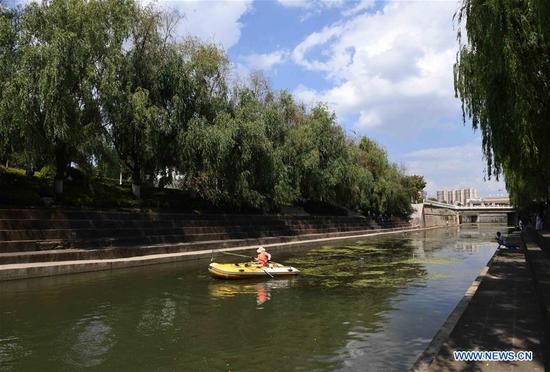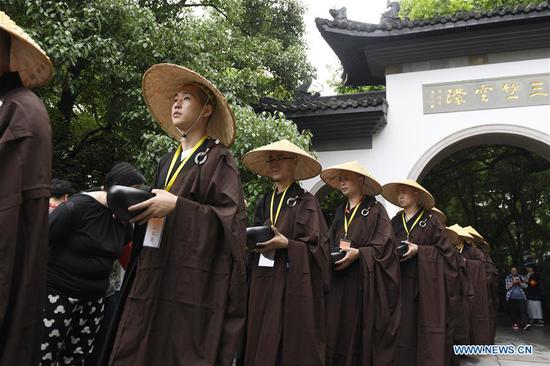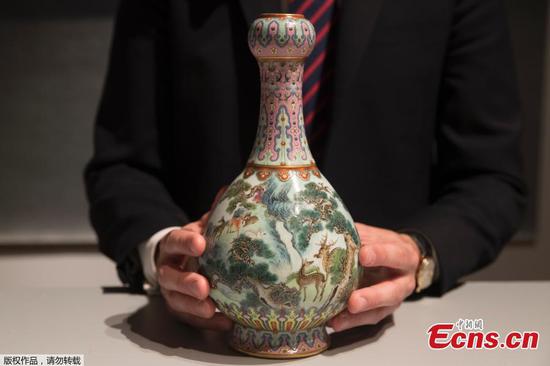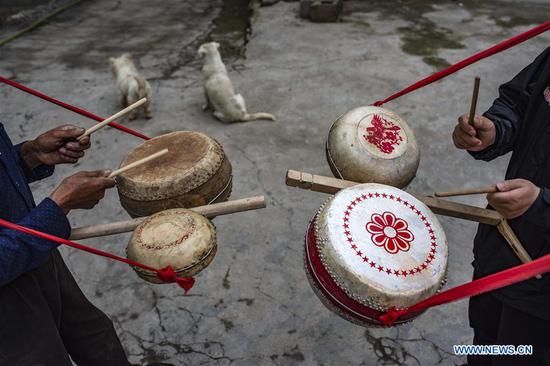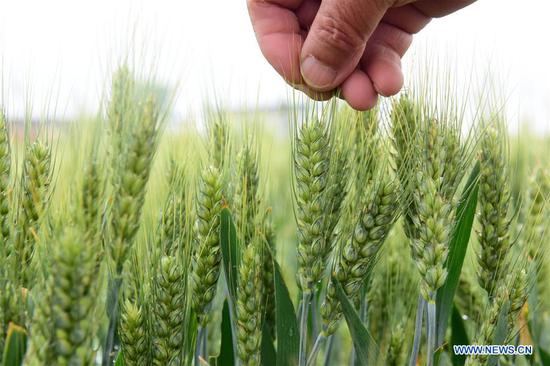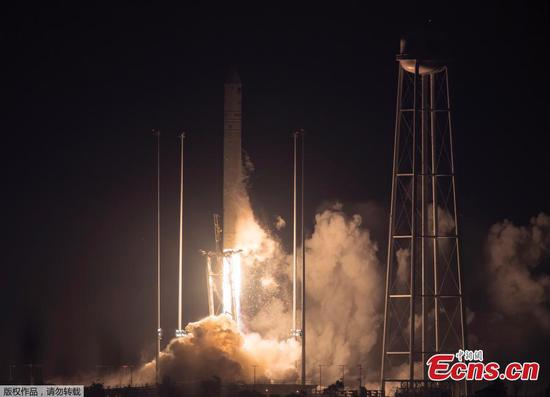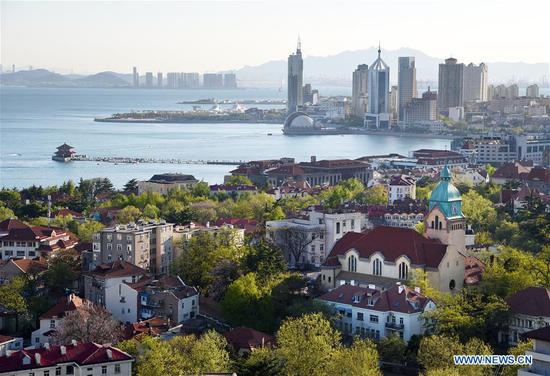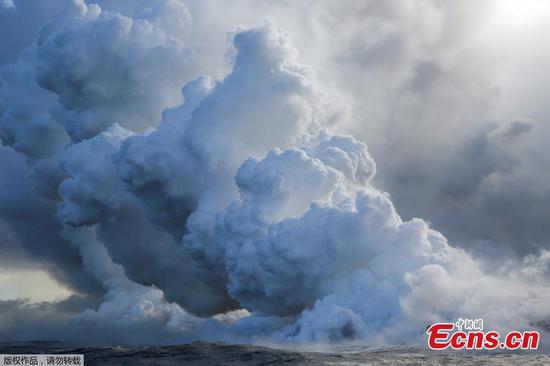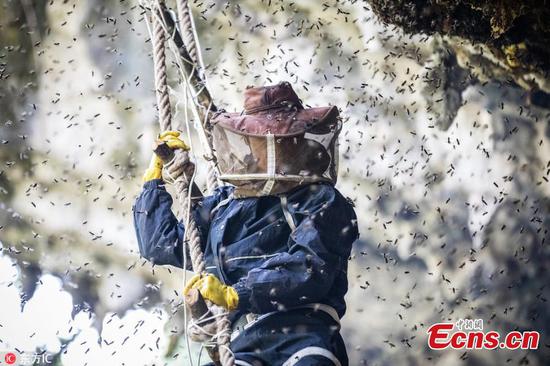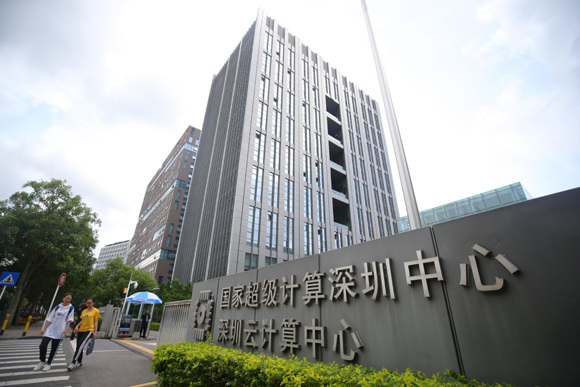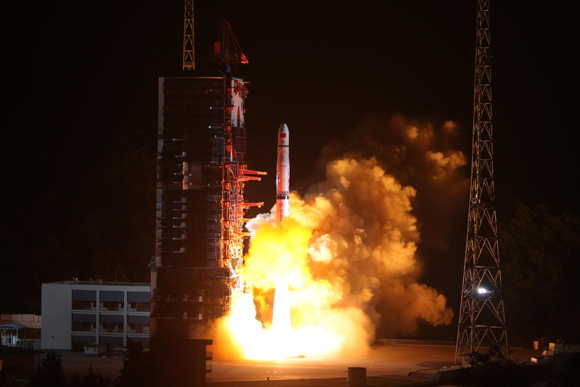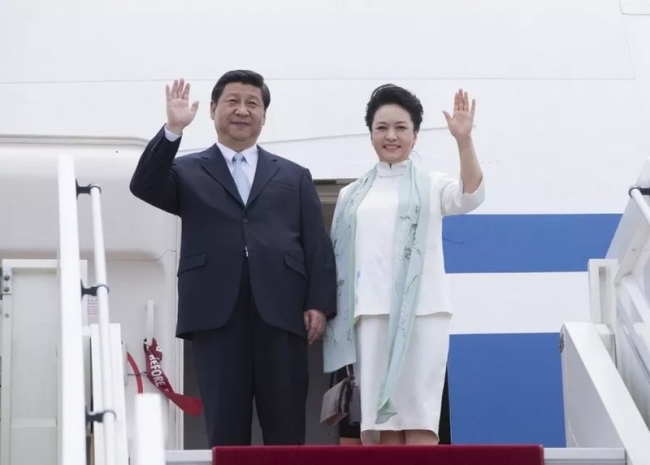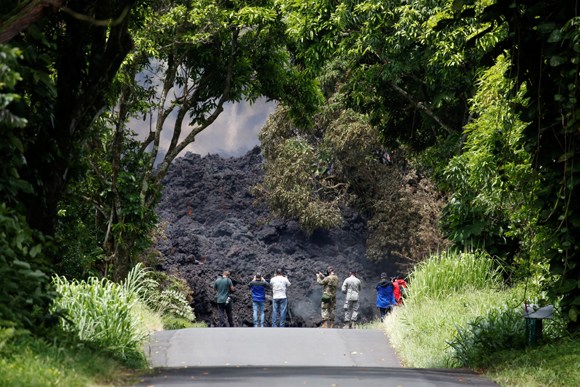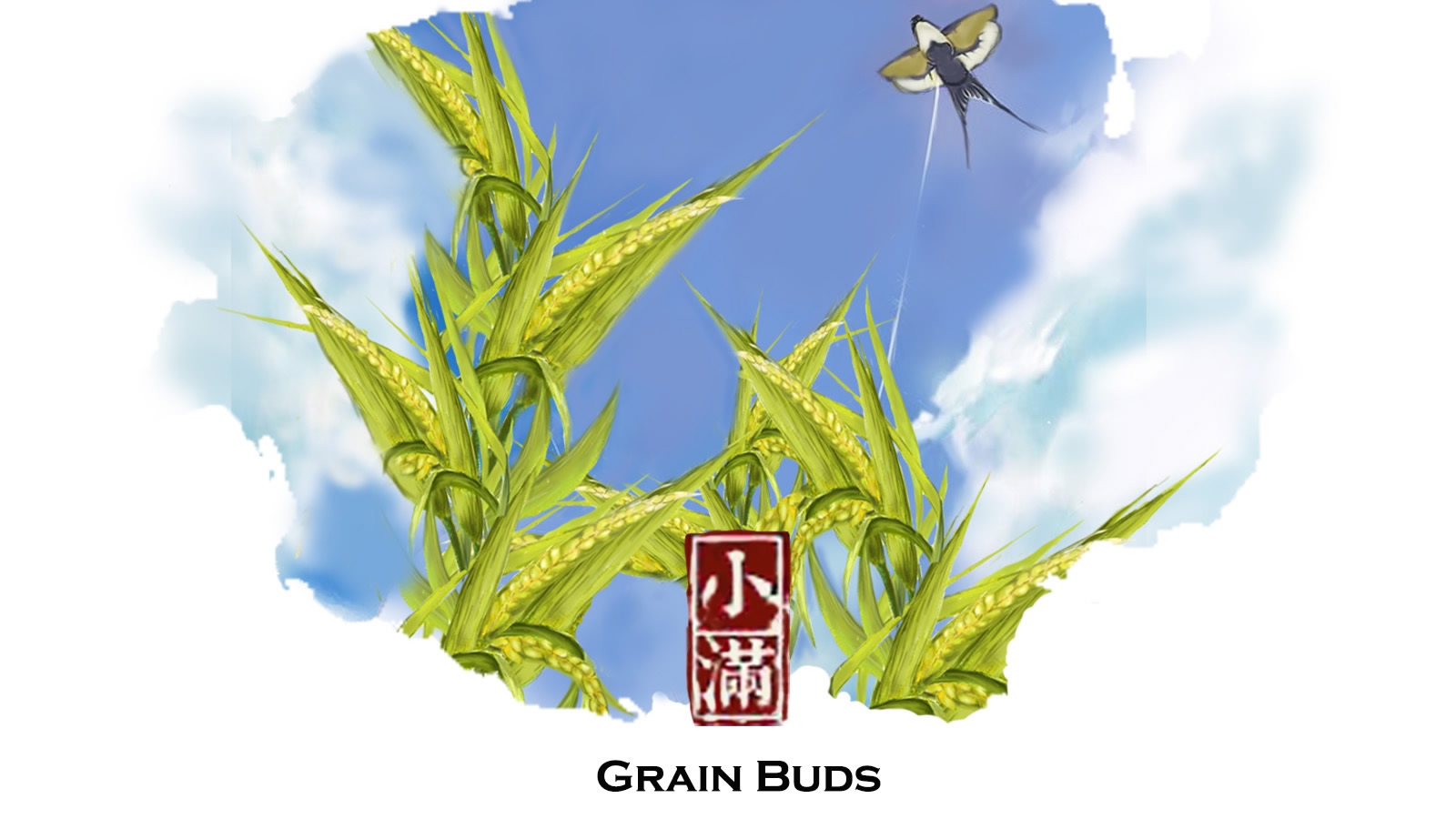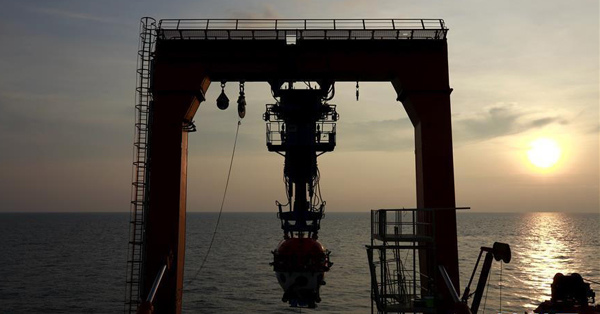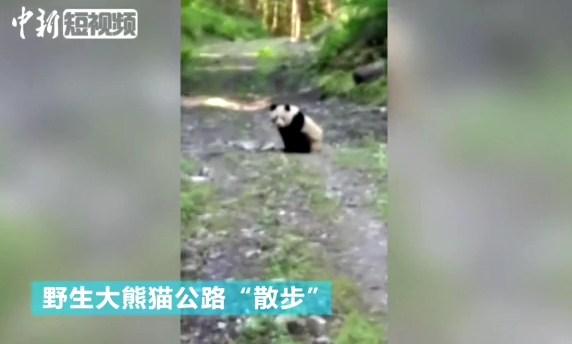China engaged in nationwide customs combat against smuggling of overseas garbage
○ China is at war with overseas waste following the ban on imported garbage in a drive to purify the environment
○ The campaign against waste smuggling is given higher priority over drugs and ivory smuggling
○ Garbage recycling enterprises are closing, many turning to raise succulent plants
China's General Administration of Customs in early April conducted its second round of the "Blue Sky 2018" - a special campaign against overseas rubbish smuggling.
During the campaign, law enforcers confiscated 111,100 tons of smuggled solid waste across the border and smashed 25 smuggling rings in just five days.
After China's foreign garbage ban took effect on January 1, a nationwide customs battle was under way to further crack down upon the smuggling of overseas garbage.
China's "war on pollution" is designed to purify the environment and move up the domestic waste recycling supply chain.
Implementing the ban has been one of the customs department's priorities this year, but its lucrative nature still drives many to smuggle scrap from overseas.
Heightened crackdown
Earlier this year, the General Administration of Customs announced China's "National Sword 2018" campaign to clamp down on five major areas of smuggling.
The movement prioritizes the crackdown on foreign garbage smuggling as "Project No.1," with greater significance than drugs and ivory smuggling.
"This is a sign to show China's determination in keeping overseas garbage out of the country," Liu Jianguo, a professor of the School of Environment, Tsinghua University, told the Global Times.
"The relevant institutions such as environmental protection and quality inspection departments are now working together to promote a comprehensive campaign against illegal operations in an obviously concerted manner, with an effort much stronger than before," Liu added.
In Zhuhai, South China's Guangdong Province, the customs department deployed 100 officers, 23 vehicles, four ships and even drones in a crackdown campaign on January 8, according to official reports.
As the crackdown intensifies, new smuggling tricks have emerged. Due to the profitable market but compressed space in this now-illegal industry, it is possible to reinitialize black trading, said Wang Qi, director of the Institute of Environmental Engineering Technology from the Chinese Research Academy of Environmental Sciences.
Means of smuggling
Before the ban, the main methods of smuggling foreign garbage included mixing prohibited waste with other goods that look similar in appearance, Sheng Min, president of China Plastic Recycling Association, a branch organization of China National Resources Recycling Association, told the Global Times.
For instance, concealing forbidden waste slag secretly into the bags of imported ore is hard for customs officers to detect because of a difficulty in distinguishing them visually.
Southern Weekly quoted a customs official from Zhangjiagang, East China's Jiangsu Province, as saying that the lack of testing expertise is a major challenge in their work.
As the pattern of solid waste smuggling continues, customs departments are aware of the need of upgrading their detection capabilities. The number of agencies that formally accept customs commissions to identify solid waste has increased from three to 10.













